Juice cleanses rid your body of toxins. Veggie chips are just as healthy as vegetables. Eating raw cookie dough will give you salmonella. These and other frequently heard food myths are often assumed to be true. Sure, many are true, but many are not.
Lucky for you, Spoon investigated and debunked several of the most pervasive food myths so that you can eat raw cookie dough without getting dirty looks from your mom.
1. Organic food is always healthier
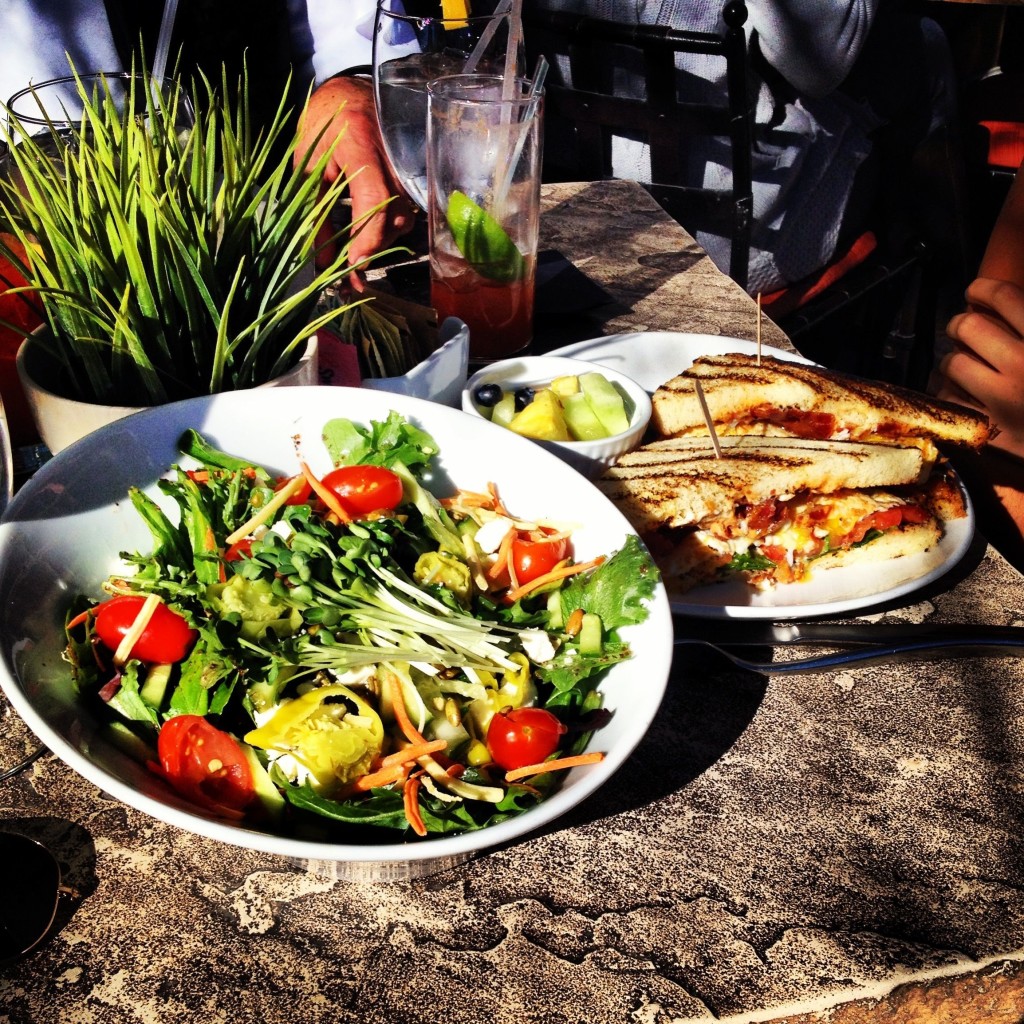
Photo by Drew Glaeser
Some choose to eat organically because they believe it is better for the environment, but others choose organic foods because they believe “organic” means “healthier.” However, there is no strong evidence to suggest that organic foods are more nutritious than conventional food items.
Researchers at Stanford University analyzed 240 organic-food studies and found that organic foods are not significantly more nutritious than non-organic foods. So run free, all the way to the super market! Buy those cheaper strawberries!
2. Eating raw cookie dough will give you salmonella
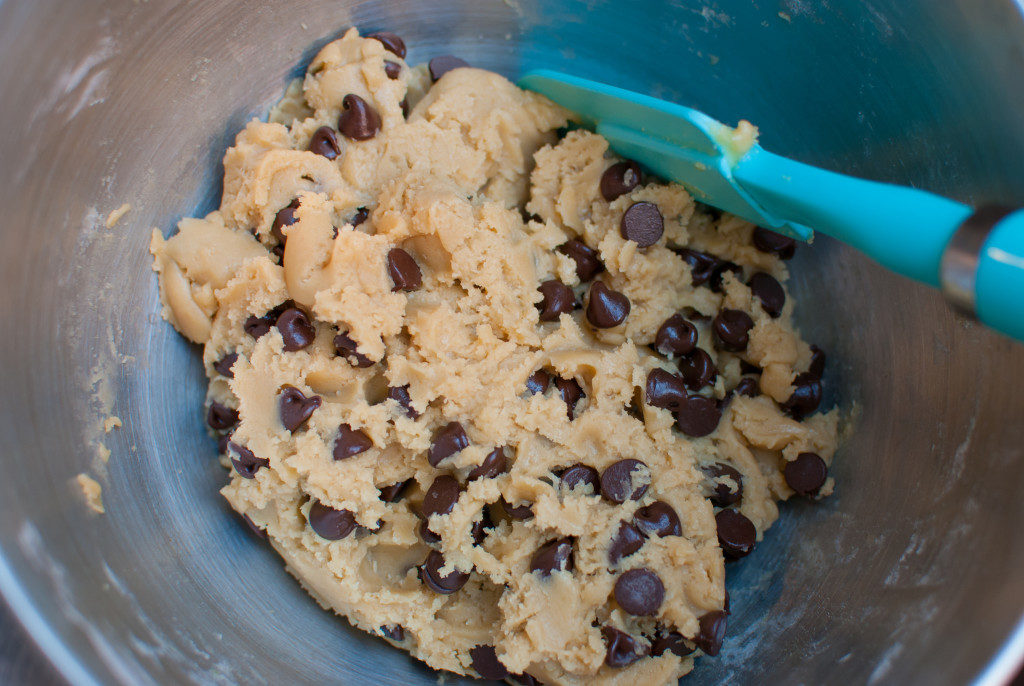
Photo by Scott Harrington
Even though your mom tells you not to, you lick the bowl clean after she makes each batch of Christmas cookies. In the back of your mind you wonder, “What if she’s right? What if I get salmonella and die?” but you keep going because you just can’t resist, and maybe salmonella won’t be that bad anyways.
Well, worry no more, as long as the eggs she used are pasteurized. Fortunately, most store-bought eggs are pasteurized, meaning they have been put through a process that kills harmful microorganisms, including the bacteria that cause salmonella. Fistfuls of cookie dough await you! Take that, Mom!
3. Juice cleanses are necessary to remove toxins from your body
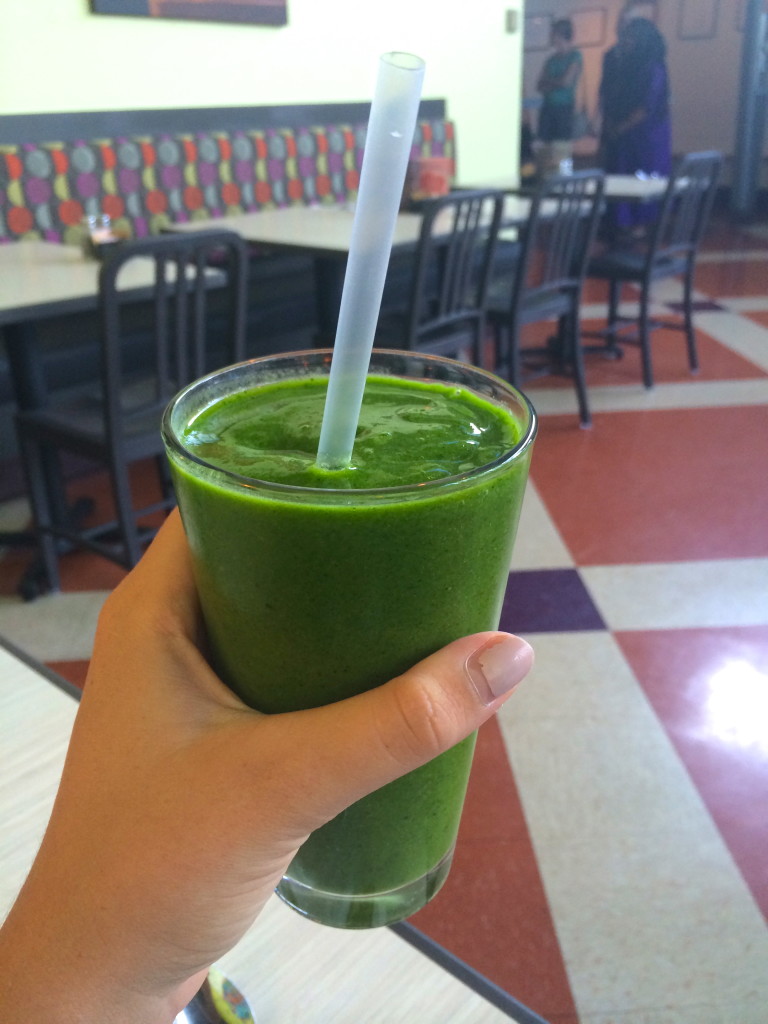
Photo by Drew Glaeser
Ahhh, the juice cleanse. We’ve all tried it, or feel guilty that we haven’t. But does it really do wonders for your health like it claims? Research suggests that since your body has natural methods of removing toxins from your body, juice cleanses are completely unnecessary. In fact, all the “good” you think juice cleanses do is reversed after only one week of returning to a normal diet.
So we’ll skip the juice cleanse. Maybe if there’s a cookie dough cleanse we’ll try it.
4. Wooden cutting boards are unsafe and unsanitary
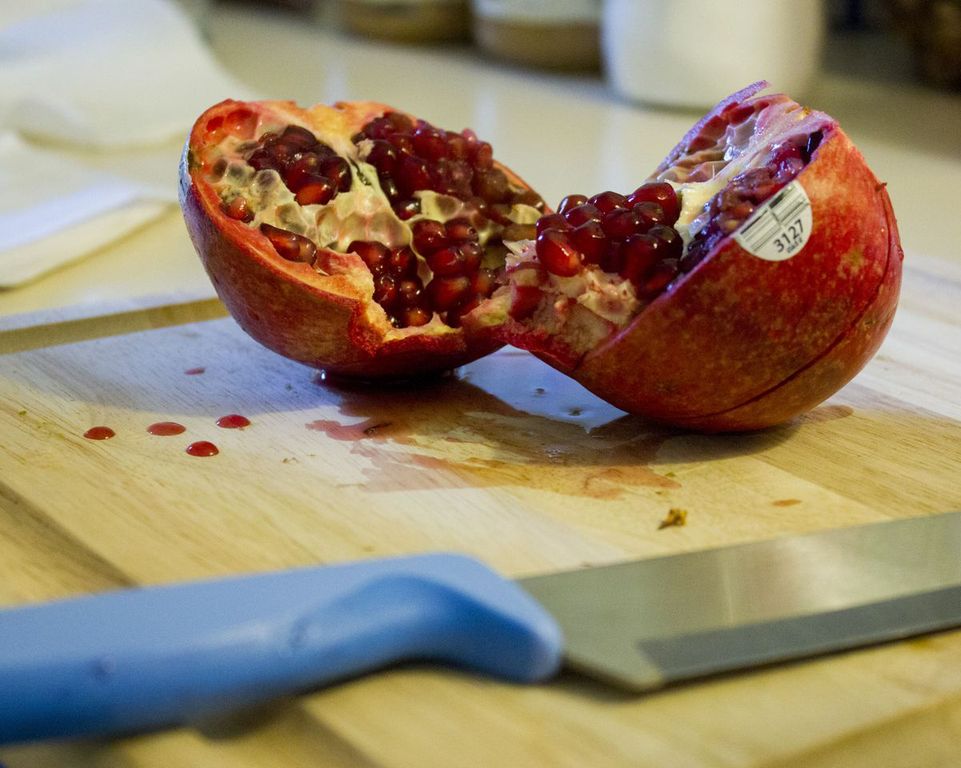
Photo by Divya Prabhakar
It has long been thought that wooden cutting boards foster bacteria growth because of their porous surface. Use of plastic cutting boards has been encouraged instead because the surfaces seem to be more resistant to bacteria. However, research at UC Davis has shown that wooden cutting boards do not promote bacteria growth.
In fact, weathered plastic boards with grooves and scars are more likely to contain bacteria because bacteria settle in the grooves and cannot be easily cleaned out. Great news for Ron Swanson and other woodworkers!
5. Fresh food is always healthier than frozen food
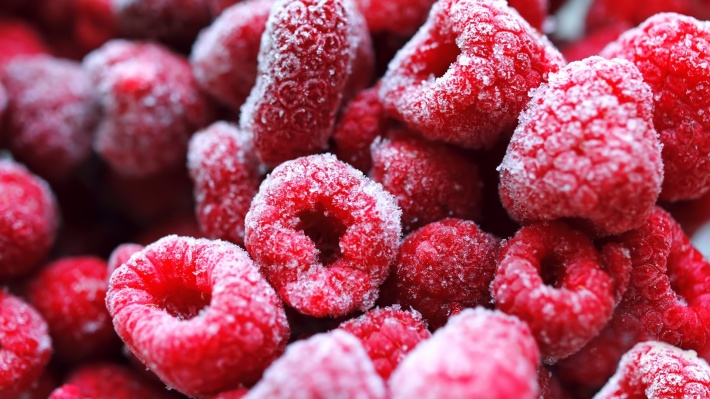
Photo courtesy of foodqualitynews.com
Not only is frozen food oftentimes just as nutritious as fresh food, it might even be healthier. While fresh food is picked and transported for days before it is sold in supermarkets, frozen food is immediately flash-frozen. Whereas fresh vegetables lose nutritional value after a few days, flash-frozen vegetables and food items retain much of their original nutrients.
Frozen produce is also often less expensive than their fresh alternatives. More nutritious and cheaper? Now you have no excuse to not eat vegetables!
6. Wonder Bread is bad for your health
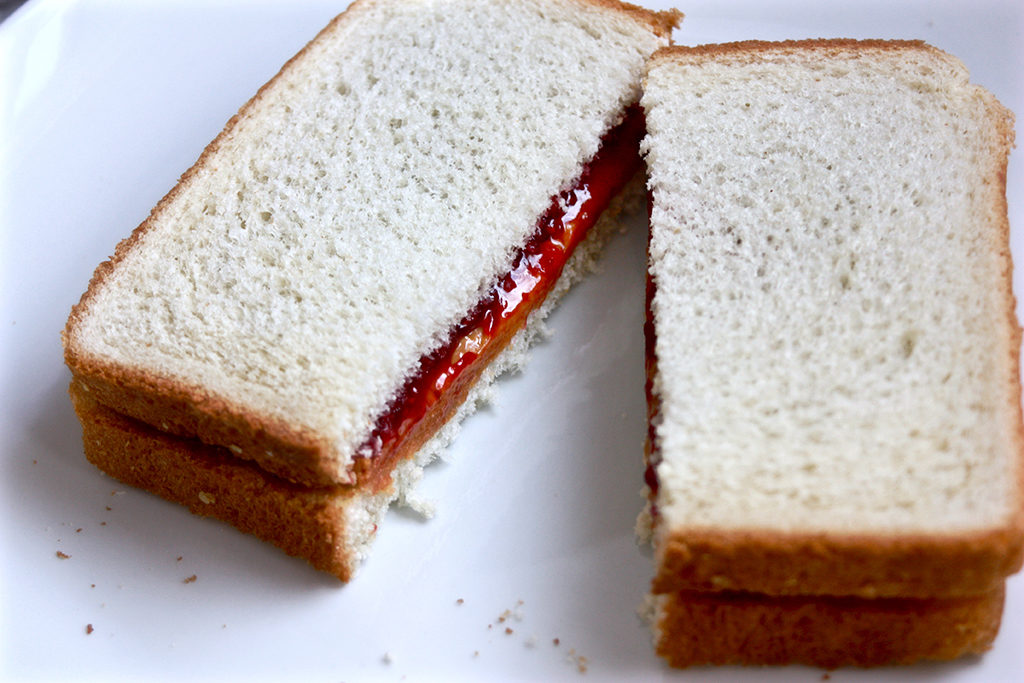
Photo by Cristin Urso
While Wonder Bread isn’t good for you, it is not evil. It is made with “enriched” flour: flour that has been stripped of its vital nutrients during processing and is then enriched with vitamins and minerals in later stages of production. The soft and pillowy nature of Wonder Bread exists as a result of chemicals added to the flour to keep the bread from drying out. Thus, while Wonder Bread has no real nutritional value, it is not detrimental to your health.
Sure, there are healthier choices, like whole grain or multigrain breads, but a classic PB&J on Wonder Bread every once in a while won’t kill you (thank GOD).
7. Veggie chips are healthy
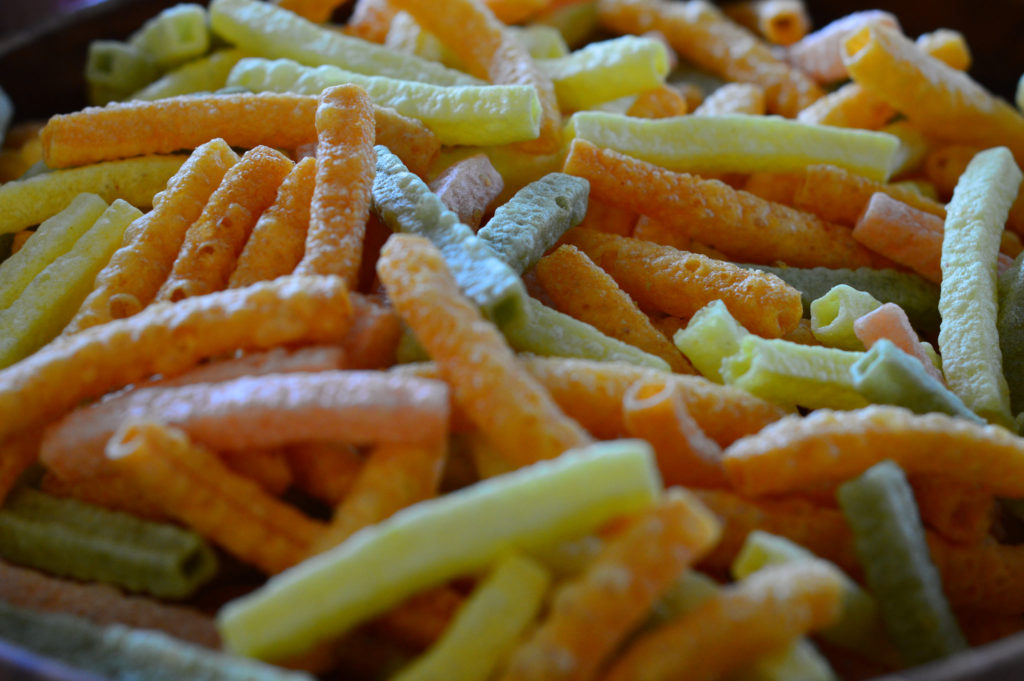
Photo courtesy of flickr.com
“Veggie” chips mean you can skip the undercooked broccoli in the dining hall, right? WRONG. Veggie chips are no healthier than regular potato chips. While veggie chips claim to be made of real vegetables, and some are, the incremental nutritional value is often overshadowed by the corn flour and potato starch that also make up veggie chips. And oftentimes they are not even made of real vegetables, but vegetable powder.
Looks like you’re stuck with that uncomfortably crunchy broccoli after all.
8. You should eat lots of small meals throughout the day
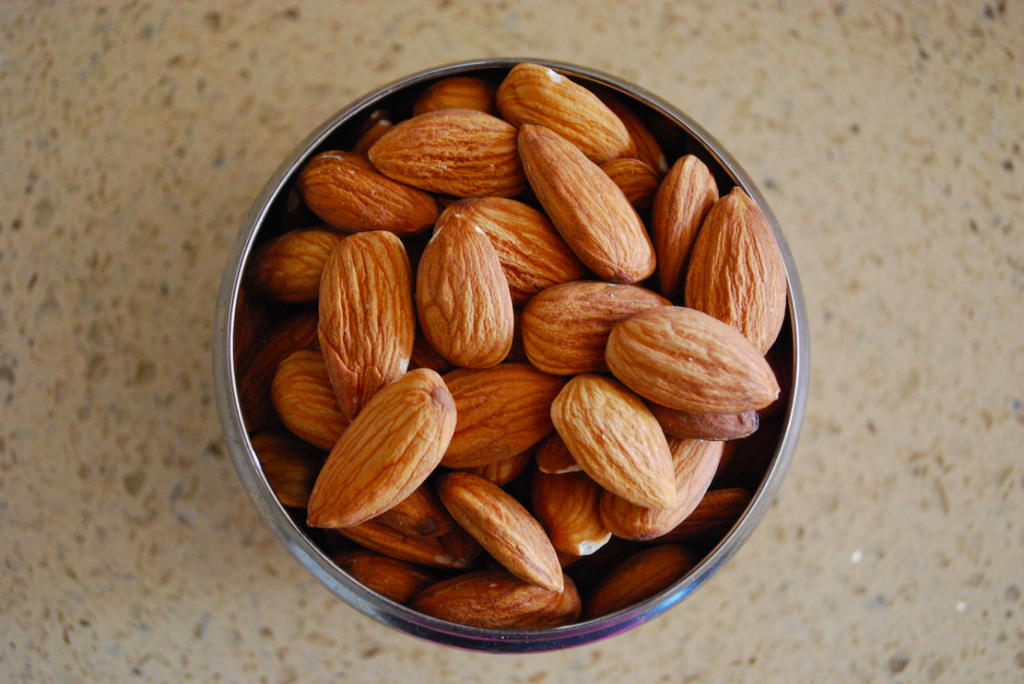
Photo by Smita Jain
Many say that eating multiple small meals throughout the day is healthier than eating three larger meals a day. “Grazing,” as this is called, is thought to boost your metabolism, leading to weight loss. While metabolism does temporarily spike during digestion, the temporary increases in metabolic rate that result from grazing are essentially the same as when an individual eats three large meals.
Eating small meals throughout the day also prevents the body from burning fat. The continuous release of insulin puts the body into an “absorptive phase” that prevents enzymes from releasing sugar to burn fat.
9. Calories eaten at night are more fattening than those eaten during the day
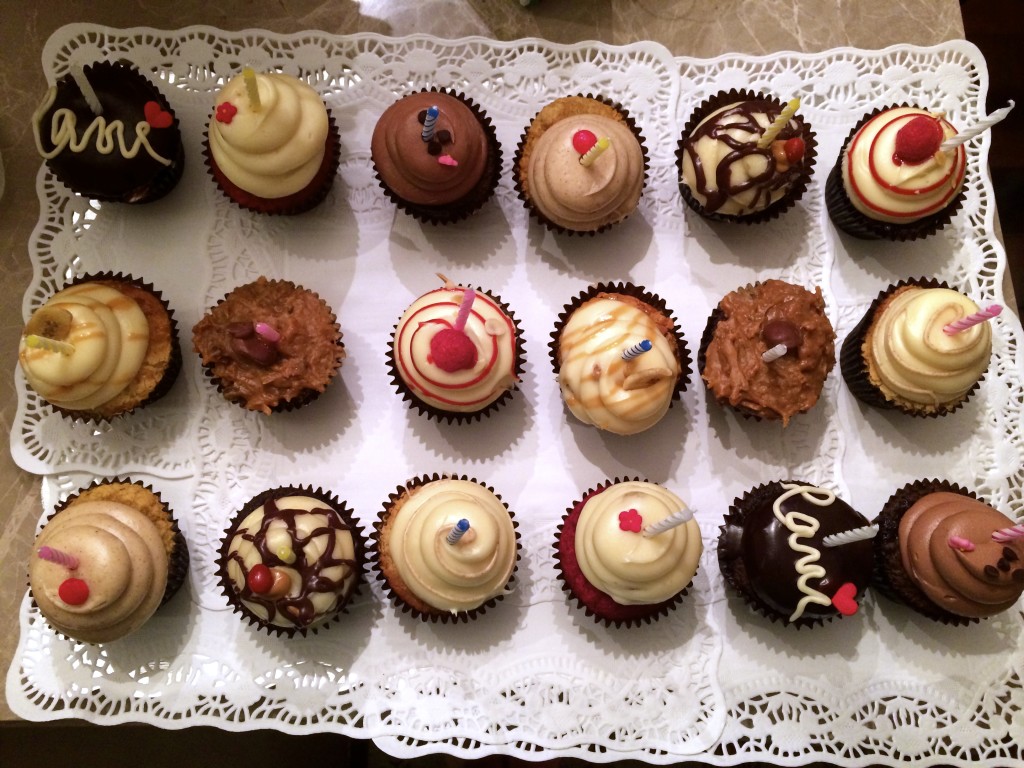
Photo by Drew Glaeser
No, the three cupcakes you ate while studying for finals at 3 am are not any more fattening than the three you ate for breakfast that morning (we won’t tell, don’t worry). Calories are calories. What matters is your total daily caloric intake. While people do tend to consume more food later in the day, these foods contain the same amount of calories no matter what time of day.
Now that we got that worry out of the way for you, maybe you should think about the fact that you ate six cupcakes in one day.


